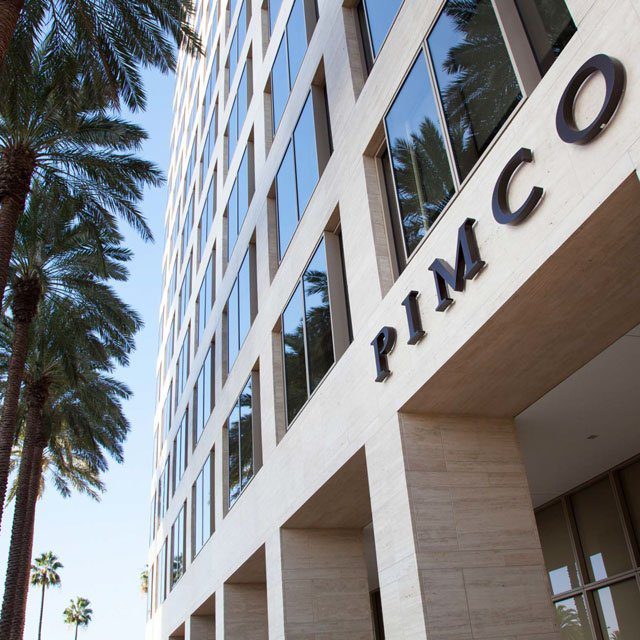Pimco Clients Pull $29B as Rate Hikes Hit Bond Funds

Bond giant Pacific Investment Management Co. saw outside clients pull money for a second straight quarter amid a global bond selloff.
Investors withdrew 28.7 billion euros ($29.4 billion) from Pimco in the three months through June, parent Allianz SE said on Friday, adding to the first outflows since the onset of the pandemic earlier this year.
Allianz group operating profit rose in the second quarter, driven by the German company’s property-casualty insurance business.
Allianz counts on its asset management units to diversify its business beyond insurance, while Pimco is facing headwinds as investors fled fixed-income securities after high inflation prompted interest rate hikes, making existing bonds less attractive.
The outflows continued into the second quarter, Allianz Chief Financial Officer Giulio Terzariol said in an interview on Bloomberg Television. Once the interest rate situation “is going to stabilize, all those outflows are going to become inflows,” he added.
Allianz shares were down 1.9% at 1:41 p.m. in Frankfurt. Analysts at Citigroup said Pimco outflows were significantly higher than expected, while analysts at Jefferies wrote their enthusiasm was dampened by lower assets under management and other factors.
Pimco’s total third-party assets dropped to 1.39 trillion euros in the second quarter considering market and currency moves, compared to 1.45 trillion euros at the end of March.
“Pimco is in the eye of the Fed hike storm and will likely be a much smaller company when all is said and done,” said Bloomberg Intelligence analyst Eric Balchunas. “Although it could be worse as some of its funds are outperforming which could help down the road if and when investors come back,” he added.
Allianz group operating profit rose more than expected to 3.5 billion euros in the second quarter, compared to 3.3 billion euros a year earlier.




